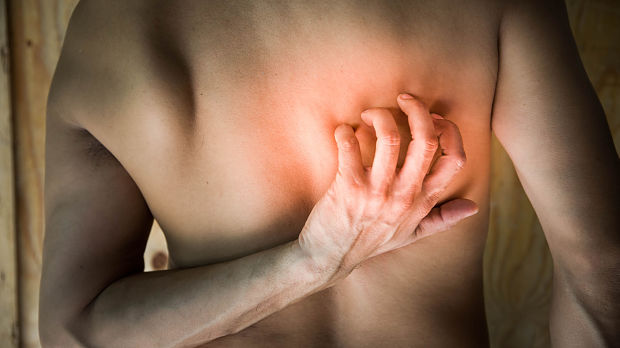Itching: It’s Definitely in the Head
Pruritus, aka itching, is a sensation that is a component of many skin conditions. The accompanying urge to scratch creates a cycle that includes a decreased quality of life and effects emotional and psychological health.
A recent review study looked at the relationship between itch and the psyche. The authors note that the link between the two can be categorized into three areas: pruritic diseases with psychosocial sequelae, pruritic diseases aggravated by psychosocial factors, and psychiatric disorders causing pruritus. The aim was to further appreciate the relationship because management of itch requires not only an understanding of underlying cause, but also the cognitive, emotional, and psychosocial components.
The review elaborates on the pathophysiology of pruritic disease and the pharmacologic solutions, both the ones that are commonly used in dermatology and psychopharmacology. The authors discuss pruritic diseases with psychiatric sequelae such as psoriasis and atopic dermatitis, pruritic conditions that are aggravated by psychosocial factors such as geriatric pruritus or chronic urticaria, and finally psychogenic disorders that cause pruritus such as tactile hallucinations in schizophrenia or cocaine and amphetamine-induced itch.
Treatment for the psychological effects of itching and scratching includes methods of habit reversal, behavioral therapies, mindfulness therapy and stress reduction techniques and emotional regulation therapy.
The authors acknowledge the complexity of the relationship between itch and the psyche and recommend that optimal treatment include a multidisciplinary team-based approach and collaborative treatment plan that tackles biology, psychology, and the social aspects of itch.
